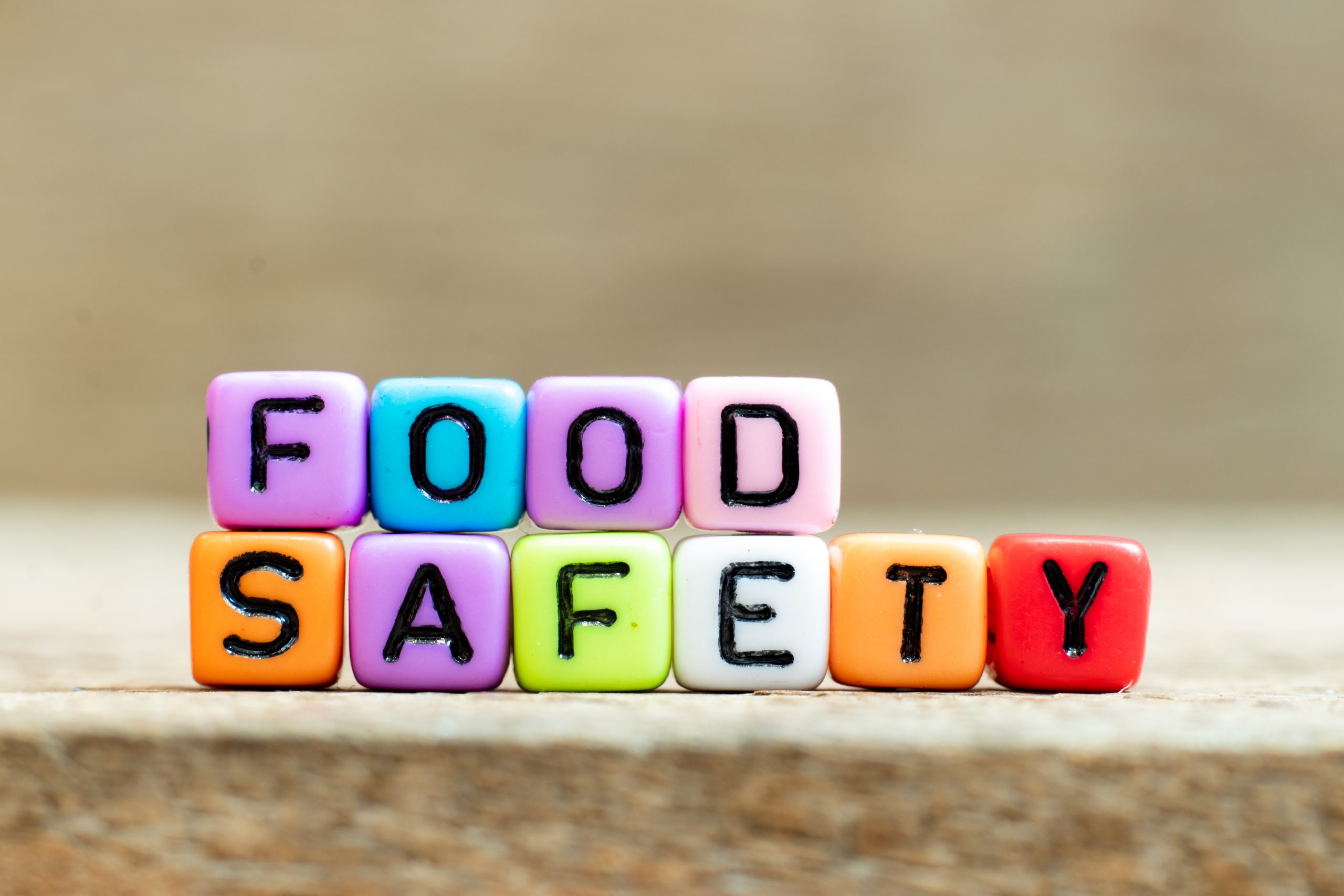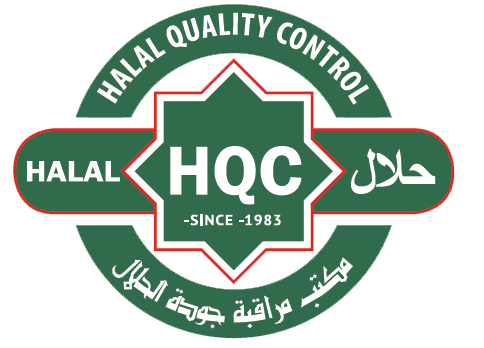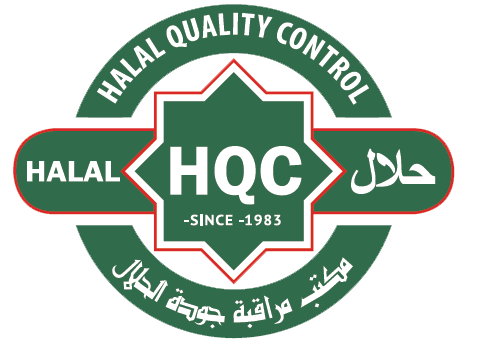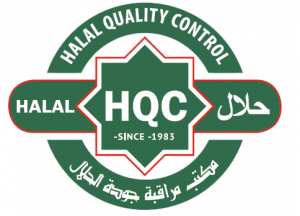Standards & Regulations
Our international certification standards and regulations
In order to be able to test and certify products, industries and processes, certain definitions and specifications are required. These specifications or guidelines, also called "standards", are specified by the respective accrediting body. HQC is subject to clearly defined Standard Operation Procedures (SOPs) during the certification process. These SOPs are used for the final product release.
Moreover, HQC not only complies with these halal standards, but also works according to quality specifications such as the standards of the International Organisation for Standardisation (ISO) and H(H)ACCP (Hazard Analysis and Critical Control Points).
HQC Europe as well as HQC Germany list the halal standards on their official website, which have been set by different governmental authorities and institutions. These are divided into
1. standards of General Compliance for certifications,
2. standards for slaughter and meat processing,
3. standards for the certification of all other products and materials.
As far as the standards of General Compliance for certification are concerned, this talks about six specific following standards.
General compliance for certifications
The standard describes the principles of product, process and service certification. In this context, competence requirements are defined that their services
in this area. The purpose of this standard is to create confidence in the work of bodies that recognise products, processes or services
und zertifizieren.
This ISO standard is a guide to the auditing of management systems, their principles, the management of the audit programme. It also provides guidance for assessing the competence of those involved in auditing, the auditors and the whole team.
GSO 2055-2 is about general requirements for halal certification bodies according to the requirements of GCC countries. It refers in each clause to the international standards ISO/IEC 17065 or ISO/IEC 17021, which in turn require an understanding of the international ISO/IEC standards.
This standard specifies requirements that must be met by a halal certification body. It also specifies the requirements for the performance of halal certification activities, such as halal product or service certification, and the management system for organisations that demonstrate these activities.
This standard is about requirements for halal certification bodies and is set out by the LPPOM MUI. It consists of two components: The first component defines the criteria of the certification system and the second component describes the policies and procedures.
This is a quality management system standard that is applied to assess the quality of a practical implementation for Islamic standards. The standard is the first quality management system standard that has requirements based on Islamic law.

Halal slaughter and meat processing
- HAS: Halal Assurance System (MS for halal-approved locations)
- HAS 23103: HAS criteria for slaughterhouses
- GSO 713:1997: Hygiene requirements for poultry processing slaughterhouses and their personnel
- MS 1500:2009: Halal food production, handling and storage
- SMIIC 1:2011
For the certification of slaughterhouses, we follow the guidelines of the United Arab Emirates (UAE). These can be viewed at the following link:
Halal production (Materials and other)
- MS 1500:2009: Production, handling and storage of halal foodstuffs
- MS 2424:2012: General guidelines for halal medicinal products
- MS 2200-2:2013: Islamic consumer products: Use of bones, skin and hair of animals
- MS 2200-1:2008: Islamic consumer goods: cosmetics and toiletries
- HAS 23101: Compliance requirements in the manufacturing industry
- HAS 23201: Requirements for Halal Foods
- OIC SMIIC 4:2018: General requirements for halal cosmetics
- HAS: Halal Assurance System (management system for halal-approved locations)
- UAE.S 2055-1:2016: Halal food: General requirements
- GSO 2055 -1:2015: Halal food: General requirements


